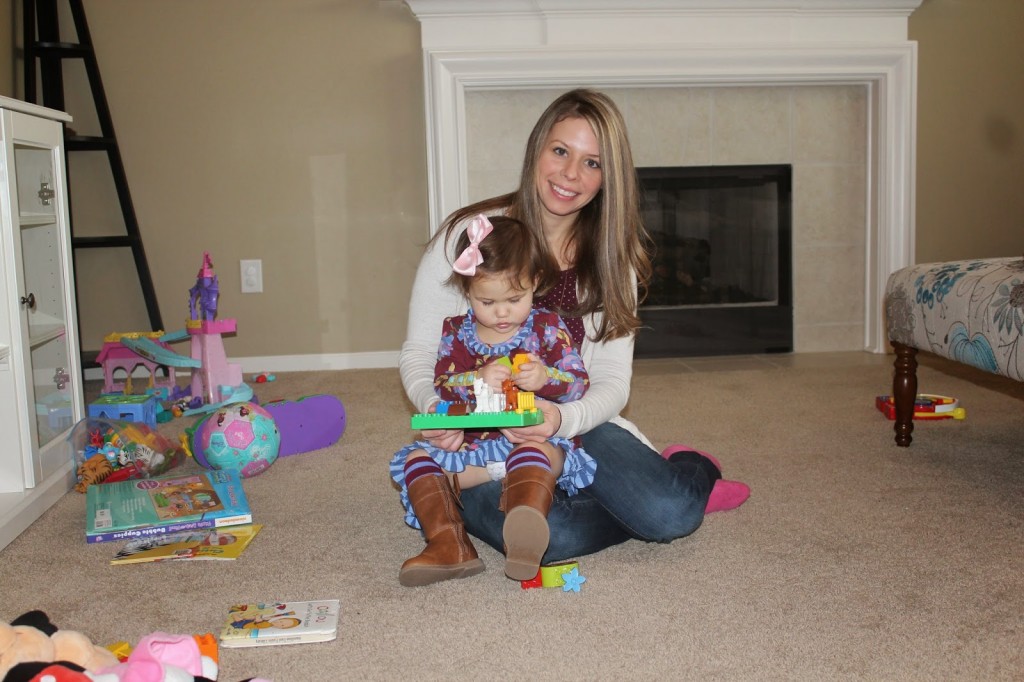I have always been a social person and looked forward to nights out with friends. Whether we were watching a movie, spending time at someone’s house, going to dinner or hitting up the bars, I never wanted to miss out on that time. Today I enjoy my nights out just as I did at age nineteen, even though my nights are a little (okay, a lot) different than they used to be – I love them just as much. Now, as a mom, I need to be thankful of my mom friends more than ever.
When I had my first baby and worked full time, I neglected to take time for myself. This is mostly because I didn’t have much extra time in the evenings and my son went to bed so early that I didn’t want to miss out on the little time I had with him. After we had our second baby, I left my full-time job to pursue my dream – staying at home full-time taking care of my children.
Now more than ever, I feel the need for that time with my friends. Do I love being at home? Absolutely. But that doesn’t mean I don’t need time away. In fact, many stay-at-home moms report more sadness and depression than working moms. A lot of that is based on the fact that stay-at-home moms feel isolated, are missing a sense of accomplishment and feel they lack appreciation. Because I do write part time from home, I don’t think I miss the sense of accomplishment as much as some stay-at-home moms. However, I can relate to the drastic change that comes from not being around adults all day long.
Initially, I felt some self-induced guilt about wanting to leave my children to go out and spend time with my friends. However, I don’t feel that as much anymore now that I realize that time away for me actually makes me a better mother. My last post shared some tips for struggling stay-at-home moms and one suggestion I made was to get out with friends. It is so important.
Here are three reasons why moms need mom friends more than ever.
Why We Need Mom Friends
They help lower your stress levels.
Laughter truly is the best medicine – and when the going gets tough, moms need their girlfriends. As women, we are wired to seek social contact with other women. Our physical and mental well being rely on relationships with people we can turn to – especially when we are feeling stress. So go ahead and organize a child-free trip to get pedicures, start a book club or meet at the gym. It’s good for you, and it is good for children to develop relationships with your husband or another caregiver.
They can be brutally honest when that is just what you need.
Should you really invite 75 people to your baby’s first birthday party? Is it bad you told your mother-in-law not to give your 8-month-old popcorn? Your friends will be able to give you tactful and truthful answers. Sometimes it’s hard to gauge what is appropriate and it’s likely one of your friends has been in a similar situation before, so they can help you figure out what you should do, which takes us to my next reason:
Some of your friends have likely been there, done that.
It’s wonderful to relate to friends who have kids the same age and stage as yours. It’s a bonus to have a friend with children who are different ages than yours. The mom with older children can clue you in on what is to come. You can relate to moms with younger children and maybe give them tips, and they also help you appreciate what has gone by. Having friends with children of different ages also helps moms realize that the range of what is normal for children of the same age varies, and these friends can be cheerleaders for new nursing moms.
Mom friends are one part of our lives that we absolutely must have. We love our husbands or partners, our parents and our children – but our girlfriends are exactly who we need when we want to laugh, need advice or just want to share. Don’t forget, your friends need you, too. They also have news about their weddings or questions about motherhood.
What do you like to do with your mom friends? How does time with your friends help make you a better mother?
First time here? Like Mumbling Mommy on Facebook to continue the conversation!
Category: MomsTags: depression









